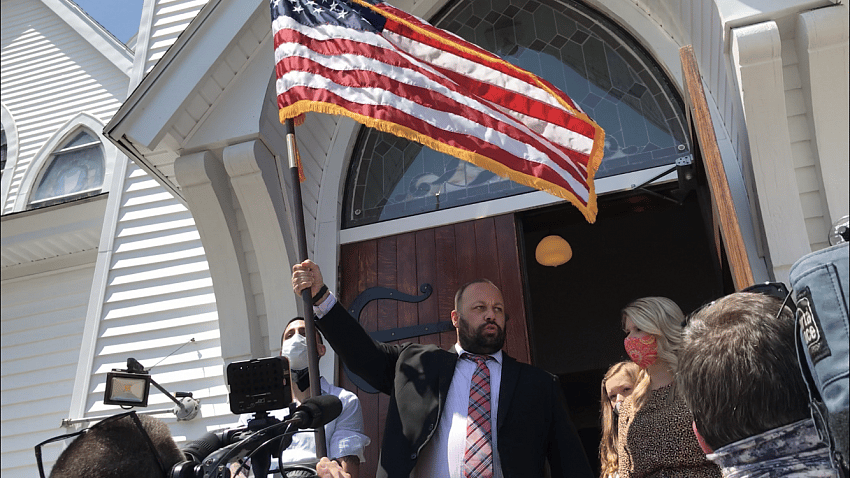Worcester Pastor Sues, Asks Judge To Overturn Governor’s Order

The Worcester pastor who has held five church services for more people than the limit set by the governor is asking a federal judge to overturn the governor's order on the grounds that it violates religious freedom.
Pastor Kris Casey and Adams Square Baptist Church filed suit in U.S. District Court in Boston yesterday seeking a temporary restraining order to prevent authorities from enforcing the governor's order.

